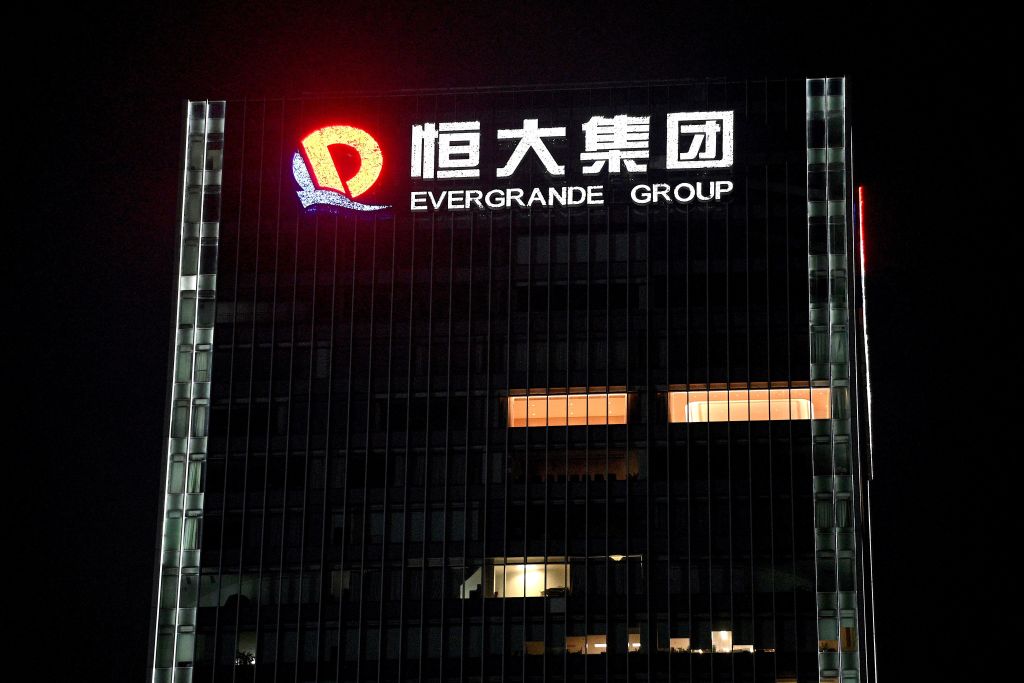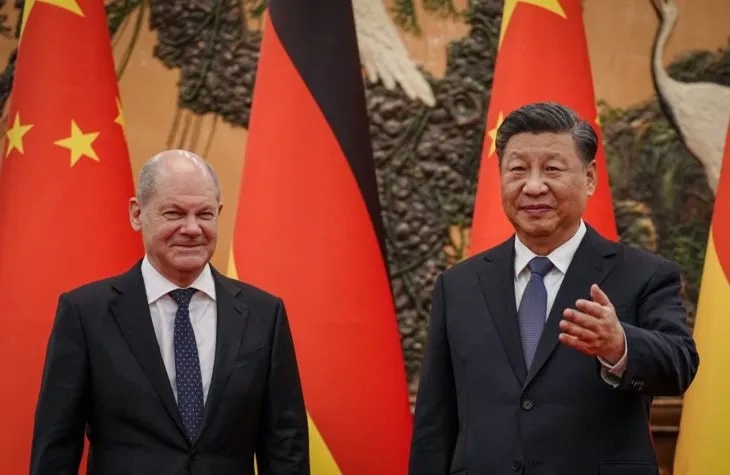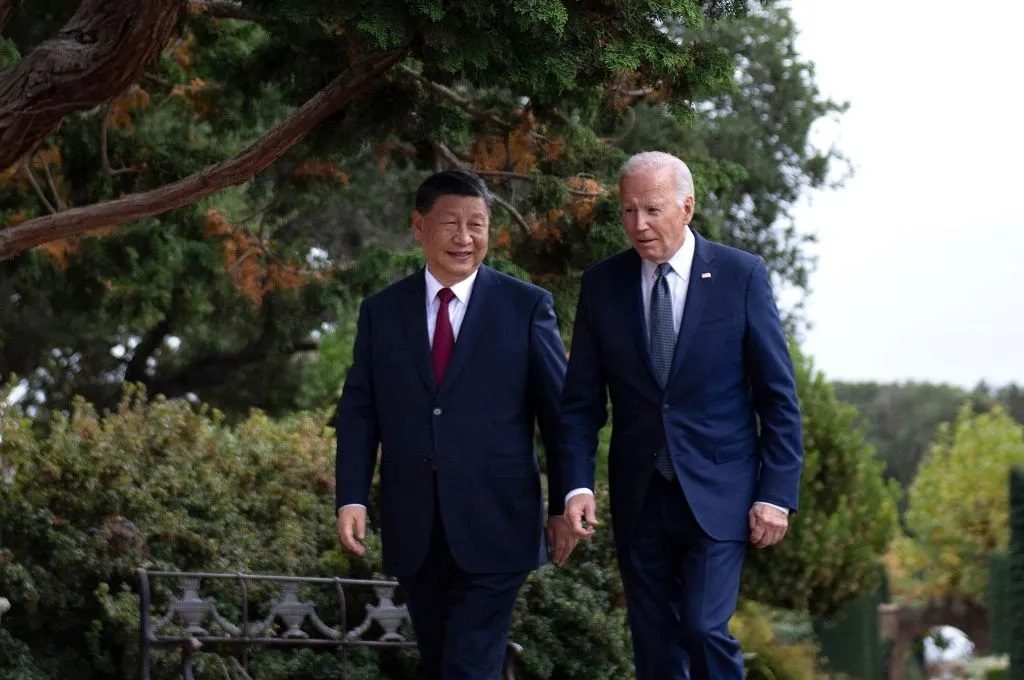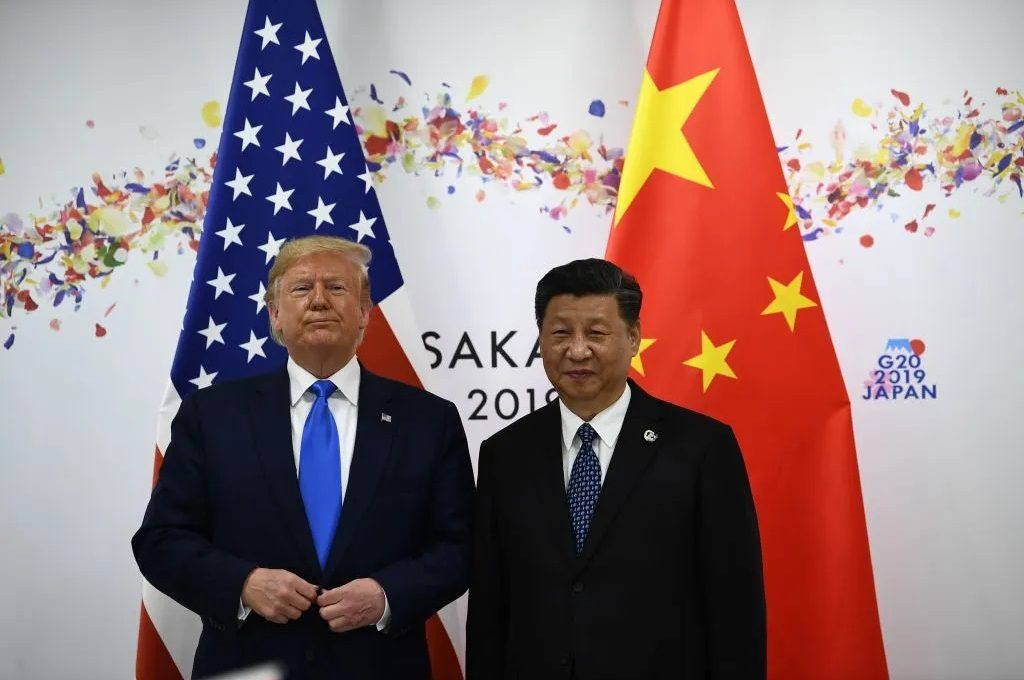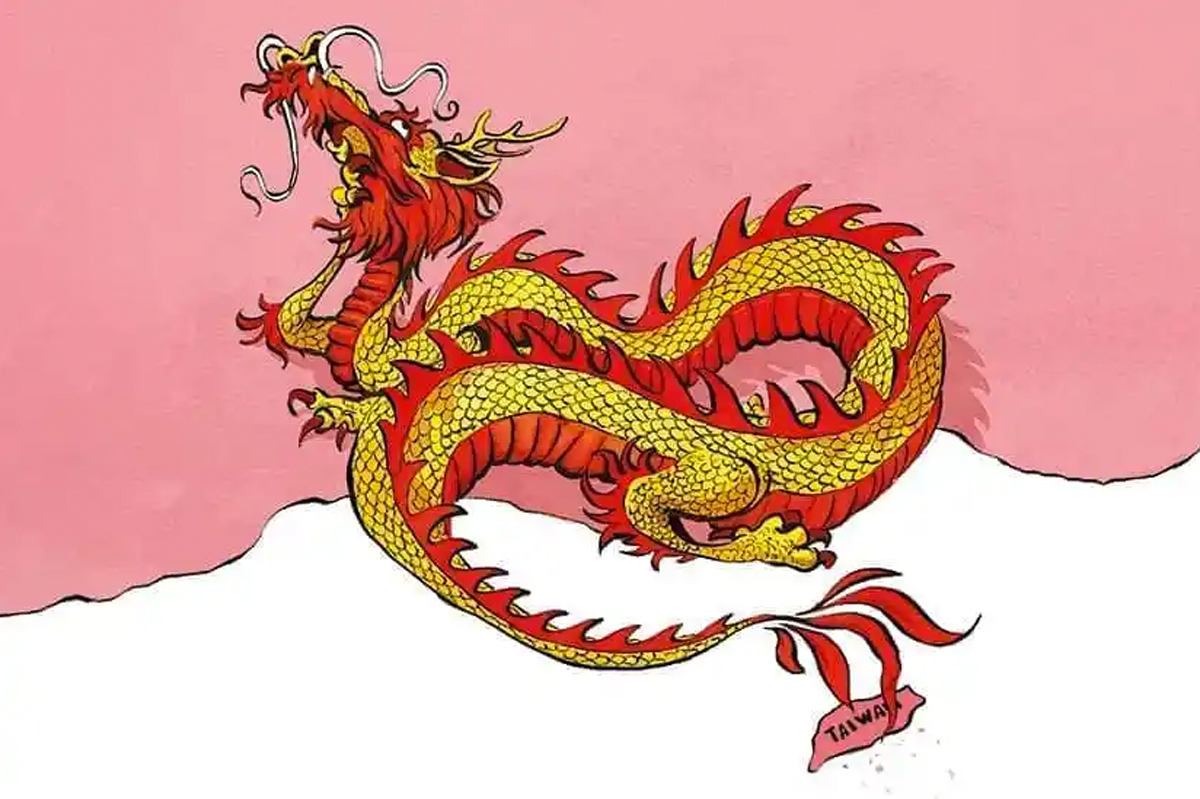I have a memory picture of an urban highway in Shenzen, southern China. Recently built, with abundant flowering shrubs planted along its central reservation, it was lined as far as the eye could see by uncountable apartment towers, many of them unfinished. This was 2009 and it was my first glimpse of the debt-fueled property bonanza that had begun to grip the Chinese economy — alongside the export-led manufacturing boom that was also plainly visible, thanks to satellite maps of the vast agglomeration of factories surrounding the new-rich residential areas.
It’s easy to be a permanent bear in any market, because history tells us they all come crashing down in the end. But my own long-term negativity towards China prompts me to nod knowingly at news that the property giant Evergrande, which has current projects in 280 Chinese cities, has filed for US bankruptcy protection as part of a restructuring of $32 billion of offshore debts; that shares in the even larger Country Garden group have plummeted after it failed to meet bond payments; and that companies accounting for some 40 percent of Chinese home sales have defaulted in the past two years.
Meanwhile, China’s exports were down 14.5 percent year-on-year last month, its domestic consumers are as nervous as its unpaid bondholders are angry — and its banking industry is certainly more fragile than published balance sheets might suggest. GDP growth that has averaged almost 9 percent per annum since 1989 may fall below 5 percent this year. Official interest rates have been cut as a stimulus, but no one believes Beijing’s autocrats can intervene, manipulate or lie on the scale required to shore up the entire tottering $20 trillion economic colossus.
In my first column of this year, I wrote that if there’s a black swan — a shock that changes everything — out there somewhere, I put the chance of it coming from China at 60 percent. If it’s now floating towards us from downtown Shenzen, there’s no consolation in saying I’m pretty sure I anticipated it all those years ago.
This article was originally published in The Spectator’s UK magazine. Subscribe to the World edition here.



